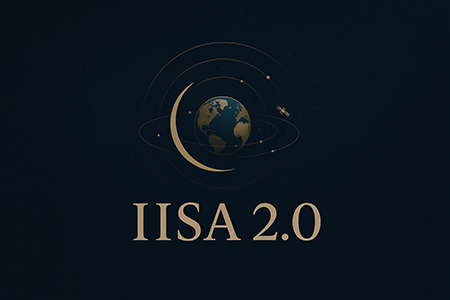Hurricane Mathew smashed through Haiti leaving a trail of destruction. Every new count points to a growth in the number of victims, with the most recent non-official reports indicating more than 800 deaths. It was the first Category 4 storm to hit Haiti in more than a half century. The storm flattened homes, destroyed bridges, submerged villages, uprooted trees and devastated crops.
Beyond the structural damage and destruction caused by the hurricane, with more than 20,000 houses were damaged; the disaster has also created an environment conducive to the spread of diseases such as cholera, related to lack of access to minimum standards of hygiene.
Haiti is one of the poorest countries in the world and has a long history of destruction caused by natural disasters. In 2008, four heavy storms left more than 800 dead. In 2010, an earthquake killed at least 100,000 people and also contributed to the spread of a cholera epidemic, which affected a large portion of the population, with more than 10,000 victims.
Despite the chaotic scenario caused by natural disaster and events related to climate change, current international conventions and agreements do not recognise immigrants fleeing environmental destruction and devastation as refugees. The definition is crucial to ensure various rights in the destination country, which cannot be guaranteed if an individual is not recognised as a refugee and is solely categorised as an illegal immigrant.
@ajplusenglish
Source: Andres Martinez Casares/Reuters – 07.10.2016
